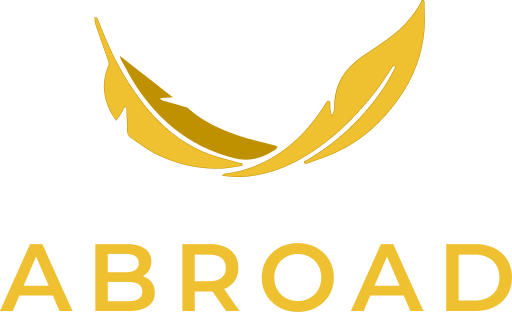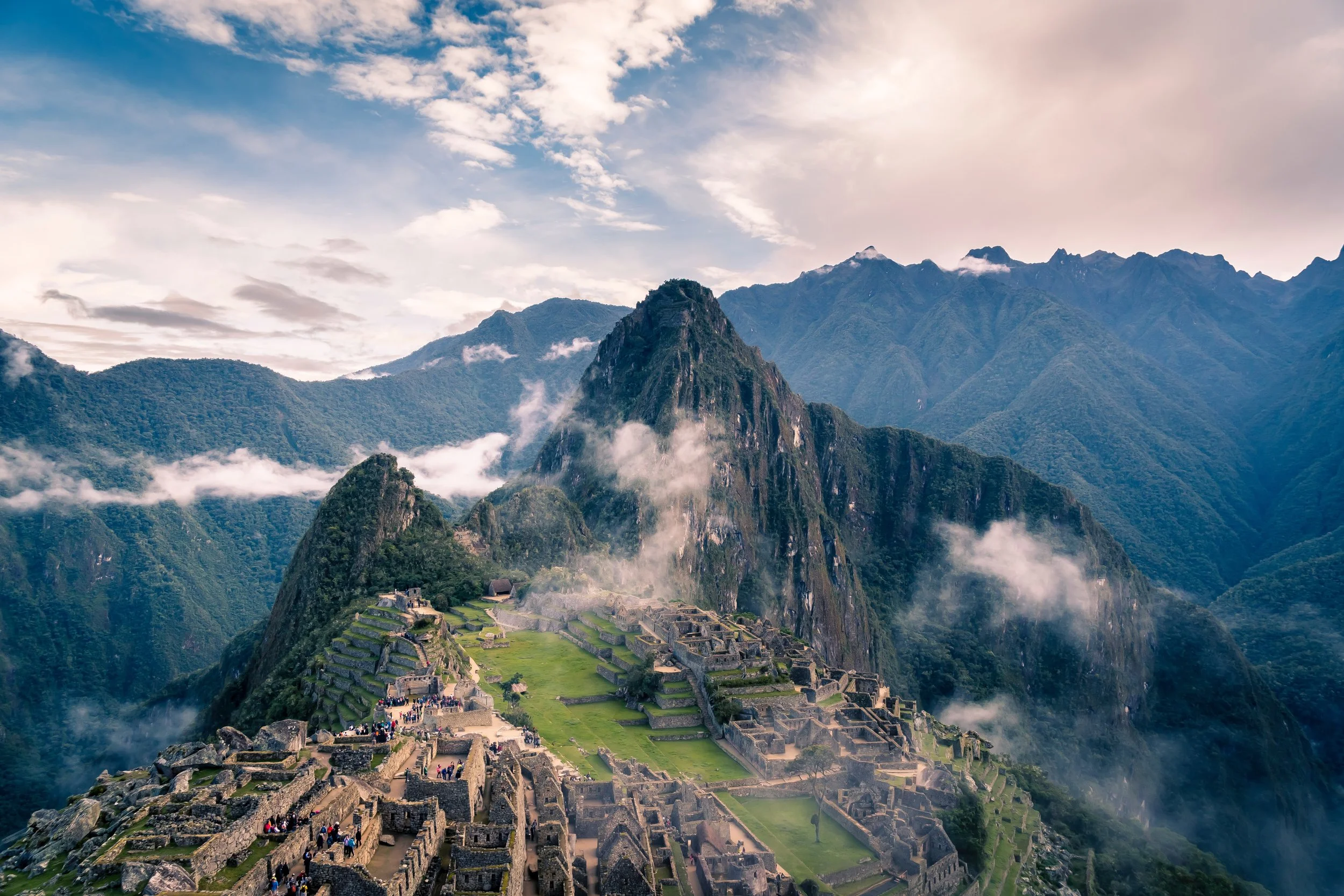Guided by the Ancients: Embracing Andean Wisdom in Contemporary Leadership
The ancient wisdom of Andean shamans holds a wealth of insights relevant for the leaders of today. Their understanding of the natural world, human spirit, and interconnectivity provides a unique lens through which we can view and reshape modern leadership.
Ayni: The Principle of Reciprocity in Leadership
A core tenet of Andean philosophy is 'Ayni', or the principle of reciprocity. It represents the balance and exchange between all things in the universe, creating a harmonious flow of give and take.
Lesson 1: Foster Reciprocity. Leaders can incorporate Ayni into their organizations by ensuring fair exchanges of value. This could mean balanced workloads, reciprocal respect and empathy, or a sustainable approach to business that respects the earth's resources.
The Medicine Wheel: Holistic Development and Transformation
Andean shamans use the Medicine Wheel as a guide for personal growth and transformation. It represents the four stages of life - East (beginnings), South (trials and tribulations), West (introspection), and North (wisdom).
Lesson 2: Encourage Holistic Growth. By embracing the philosophy of the Medicine Wheel, leaders can promote holistic development within their teams. Encouraging learning and growth in all life areas can help employees become well-rounded individuals, benefiting both their personal lives and professional performance.
Living in the Present: The Power of Now
Andean shamans teach the importance of living fully in the present moment. By being present, we are able to make mindful decisions, connect more deeply with others, and approach our work with focus and intention.
Lesson 3: Practice Mindful Leadership. Mindfulness in leadership fosters a clearer, more focused mindset, enhancing decision-making and interpersonal relations. Leaders who practice mindfulness create a positive work environment and lead their teams more effectively.
Conclusion
The timeless wisdom of Andean shamans offers modern leaders valuable insights into creating balanced, mindful, and growth-oriented workplaces. By integrating these lessons into our leadership practices, we can forge a new path for business - one that respects the interconnectivity of all things and the importance of holistic growth.

